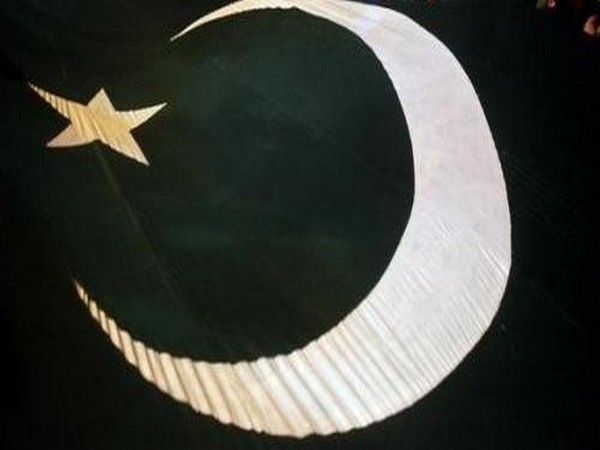33 journalists killed in Pak over last 6 years while on duty: Report
A recent report released by the Freedom Network raised an alarm over the safety of journalists in Pakistan by highlighting that at least 33 scribes have been killed in the South Asian nation in the last six years while on duty.

- Country:
- Pakistan
A recent report released by the Freedom Network raised an alarm over the safety of journalists in Pakistan by highlighting that at least 33 scribes have been killed in the South Asian nation in the last six years while on duty. The shocking figures are backed by other organisations, including the Pakistan Press Foundation, which revealed that 48 journalists have lost their lives in targeted attacks while 24 for their work from 2002 to 2019. Meanwhile, 171 journalists have suffered serious assaults while 77 have been targeted in minor attacks. Not only this, 18 scribes were arrested, 26 detained while 36 others were booked in different cases. Out of 180 countries, Pakistan stood at the 142 place in the World Press Index of 2019, released by the 'Reporters Without Borders'.
While quoting these figures, Manzoor Ahmed for the Pakistan Christian Post also highlighted the poor state of journalists and journalism in Pakistan, both of whom are controlled by the Pakistani Army and intelligence agencies like the ISI. Ahmed cited the example of American journalist Daniel Pearl, who was kidnapped and killed in Pakistan, to back his statement. "These figures in it project the fact that the security and safety of journalists in Pakistan is a critical issue, and the high number of causalities also suggests that perpetrators of the crimes often go unpunished, giving them thumping moral to take another victim in hand. These kinds of acts in Pakistan have the State institutions backing and remind the journalists to tow their line or fall prey," Ahmed wrote.
"Furthermore, their pitiable prosecution gives a reprieve to killers," he added. Ahmed also said that the death of journalists is not covered by mainstream media until "warranted" by foreign media. In his article titled 'No place for journalists in Pakistan', Ahmed also outlined the bleak state of affairs of the fourth estate in the country by shedding light on the fact that separatist movements in Pakistan are not reported.
"The social activists of Pashtun Tahafuz Movement (PTM) often raise their concerns through social media, which goes unheard to deaf Pakistani authorities. Instead of resolving their disputes, social activists and journalists reporting their cause often found their names in missing persons and mostly disappeared by law enforcement agencies. Hundreds of such cases of PTM activists and Baloch are buried in files with no clues or FIR of missing ones," Ahmed stated in his article. He also highlights the "draconian" restrictions by the Pakistani Media Regulatory Authority (PEMRA) on the media not to outline "negative aspects relating to government, army and intelligence agencies". He muses that this step was taken "covertly on the direction of the current regime," while referring to the Imran Khan-led Pakistan government.
"This draconian PEMRA direction curtails freedom of expression and leads to an environment where the press freedom in Pakistan becomes more unsafe and less inclusive," Ahmed wrote. Pakistan doesn't fare well on internet freedom either, according to Ahmed.
"According to the Report of Freedom House 2019 regarding internet freedom, Pakistan has dropped a rank lower to 27th out 100. This report also noted that State authorities had upped their efforts to silence critical journalists and activists using a range of techniques. Users were sentenced to death on charges of posting blasphemous content online, although their convictions were under appeal," he said. Quoting the report, the writer stated that most online users exercised a degree of "self-censorship" when commenting on topics like religion, blasphemy, civil-military relations, separatist movements, and women's and other minority communities' rights.
"The journalists find it difficult to present unbiased news and information to audiences. It demanded the government to aid media houses in creating a safe space along with giving the liberty of speech to internet users. Social media sites, like, Twitter authorities did not cooperate to curb any dissenting voices, which is why several journalists and activists shifted using it as means to voice out their concerns or protest against poor policies of the government," Ahmed wrote. (ANI)
(This story has not been edited by Devdiscourse staff and is auto-generated from a syndicated feed.)
- READ MORE ON:
- Pak
- South Asian
- Pakistani Army
- Reporters Without Borders
- ISI
- Baloch
- Imran Khan










